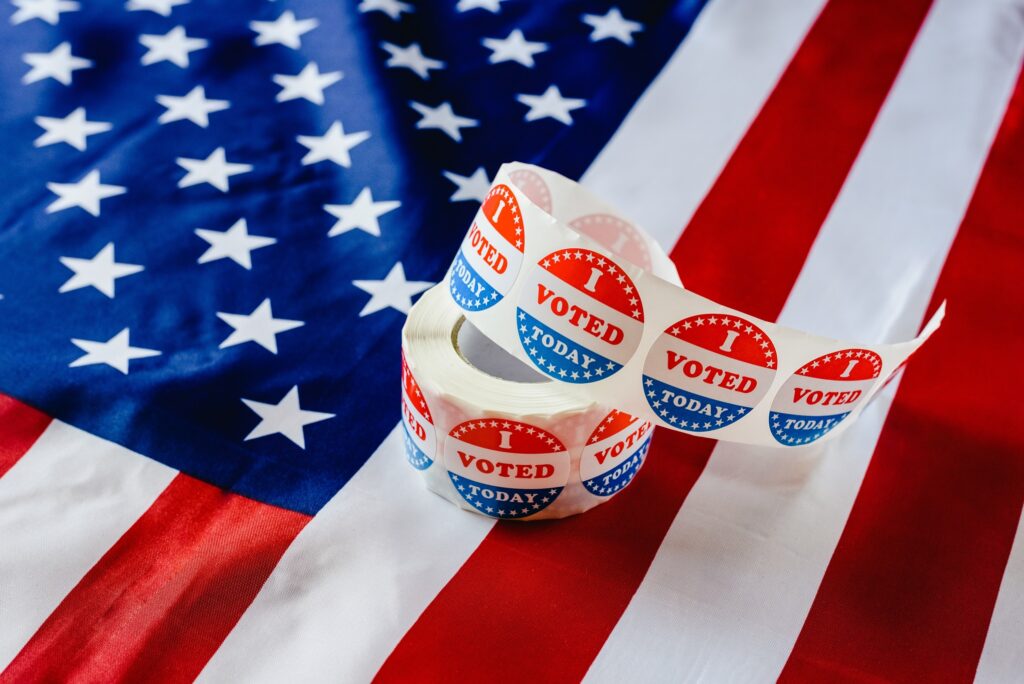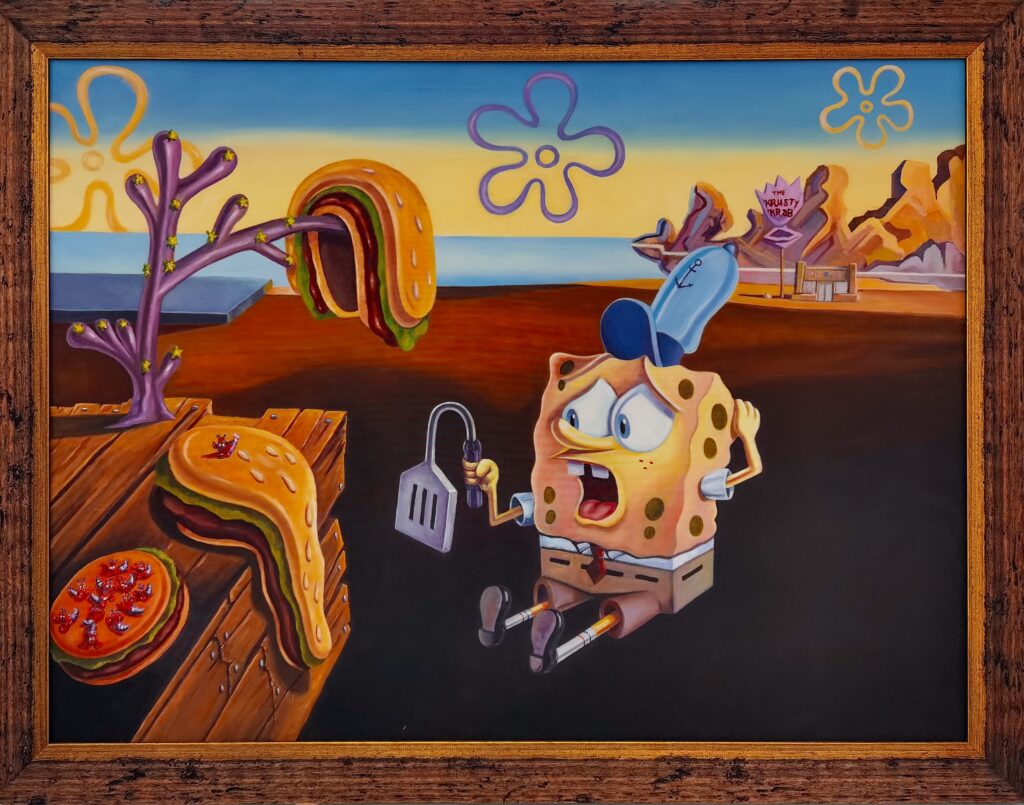Buckley’s revenge
In a 1988 debate over drug policy, William F. Buckley Jr struck what would have been, for a conservative, a rather unconventional position on a hot button social issue:
If we get nothing out of the hour tonight, I would hope that we emancipate ourselves from the superstition that that which is legal is necessarily honorable.[…] It’s perfectly legal to contract syphilis, but it doesn’t mean that society is in favor of syphilis. As a matter of fact, it’s perfectly legal to vote for Jesse Jackson. Doesn’t make it reputable, does it? So we’re not talking about conferring a social sanction on taking drugs; we’re talking about how to cope with the drug problem.
Buckley was even more blunt in a National Review symposium sometime later, when he described the legal regime that would put young people in prison for life (or close to it) on possession charges as “the legal equivalent of a My Lai massacre.“
This position – that the war on drugs and its attendant legal ramifications were attacks on liberty – was not a new one for Buckley. He had, indeed, run on the legalization of drugs all the way back as a candidate for mayor of New York in 1965. And indeed, to this day, the magazine he founded considers it an official editorial line to support ending the drug war. Nevertheless, however elegant Buckley’s rhetoric, most of his peers on the right remained stubbornly wedded to the “superstition” he had denounced.
Until Rick Perry and Chris Christie, two of America’s most successful conservative governors, both suddenly decided to accept Buckley’s position on the question of marijuana.
Of course, neither Christie nor Perry has called for legalization of marijuana. That much might be a bridge too far. But what they have done is call for the decriminalization of the substance, and insofar as this is a step away from the “legal equivalent of a My Lai massacre” that has been the previous drug war, it is a step to be celebrated.
Yet while the conversion of Govs. Christie and Perry is something to be celebrated, it is a bit more difficult to explain. Why should these two men, alike in possibly no other way, have decided to shift positions on the topic?
A number of prosaic reasons present themselves obviously. For instance, there is the fact that most Americans favor marijuana legalization, and have favored it since October of last year. This is, however, not true of Republicans, at least not yet. Given that both Perry and Christie are seen as likely candidates for the presidency, both these facts cannot have been lost on them, nor can the bind these two facts put them in: that is, that while Perry and Christie may be mindful that the lion’s share of independents and potential crossover voters favor full legalization, the people both of them would need to survive a Republican primary do not.
So what’s one answer to this Catch 22? Well, given that President Obama is carving out a niche as a definitive pro-legalization voice, it may be that Christie and Perry consider taking a position to Obama’s right, even if only by a hair, to be a safe middle ground to occupy. The trouble is that it may not be sufficient to win the support of moderates, and may alienate the very people who either of the two men (but especially Perry) would need in order to win the primary. This is the case that Peter Weber makes at The Week.
This story of political calculation certainly may explain the shift from Christie and Perry in particular. However, it elides the bigger question – namely, how did America get to a place where the president, and two opposing politicians perceived to be major contenders for the job in the forthcoming election, came to see softening on anti-drug policy as something to be embraced?
To answer this question, it turns out we may have to go back to Buckley’s call for us to “emancipate ourselves from the superstition that that which is legal is necessarily honorable.” Buckley might have gotten his wish, because however much Americans might have bought into this “superstition” once, it has become increasingly difficult to do so now, and for several major reasons.
Americans have borne witness to many dishonorable behaviors that are entirely legal, or have been treated as such, especially in the aftermath of the financial crisis. While there have been some traces of the usual scandalized responses, they’ve generally been muted due to increasing cynicism and apathy.
This alone would not produce political pressure for more legal-but-dishonorable acts to be allowed if not for a second factor: The erosion of public trust in the institutions that decide what is and is not legal in the first place. It says something, for instance, that we live in a world where lurid stories of police brutality are covered with equal horror by both liberal and conservative publications. We are not living in the 1990s, when Pat Buchanan could lionize police responses to crime as “force, rooted in justice, and backed by moral courage.” Rather, this is the world where one of America’s premier publications considers it vital to hire a blogger whose fame exists largely due to his coverage of excessive state force, to say nothing of taking on an entire team of libertarian lawyers as celebrity writers.
And that’s only the reaction to human police. The dystopian sci-fi fantasies that unlimited drone killings and mass NSA surveillance present are understandably reviled.
Nor is it only the police who have lost the confidence of Americans. Rather, the country has borne witness to the law itself being explicitly designed for abuse. One need only look at the manner in which Obamacare’s various mandates have been plucked out and rearranged like a legal Jenga tower, or the backlash against former New York Mayor Michael Bloomberg, to understand pervasive disenchantment with the act of lawmaking and regulation. Ronald Reagan might have said the scariest words in the English language were “I’m here from the government and I’m here to help,” but Americans today have understandably shortened that scariest phrase to simply, “There oughtta be a law!”
So what are aspiring presidents to do in the face of this combination of well-deserved cynicism and suspicion? Why, run in the opposite direction. Argue not simply that new laws are unnecessary, but try to tear down old ones. Remove the “legal equivalent of a My Lai massacre” before new technology and overzealous enforcers render it more than merely a “legal equivalent.”
In short, if what is dishonorable need not be legal, then Americans may be forcing politicians to wake up to the fact that what is harmless or even honorable might already be illegal.






